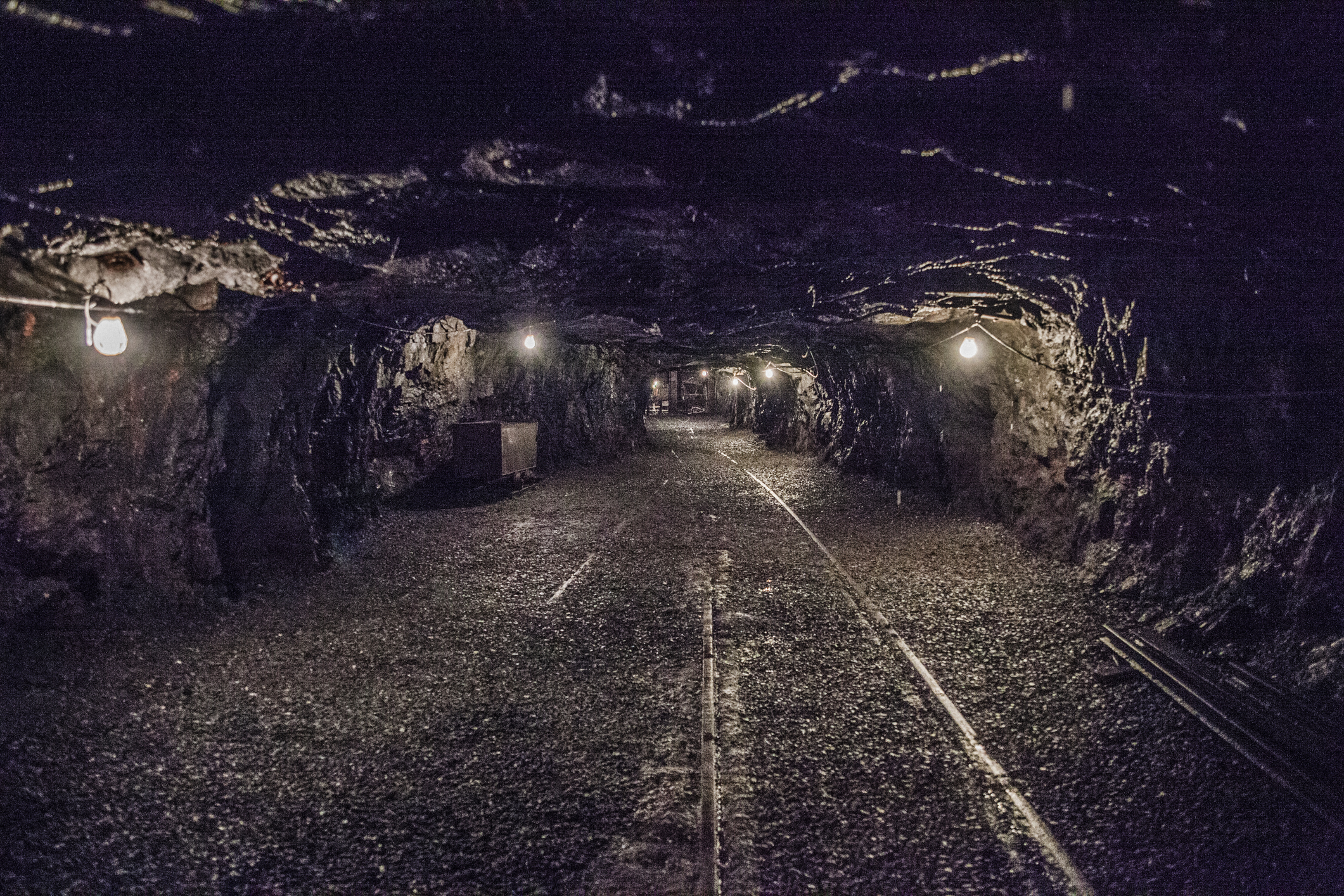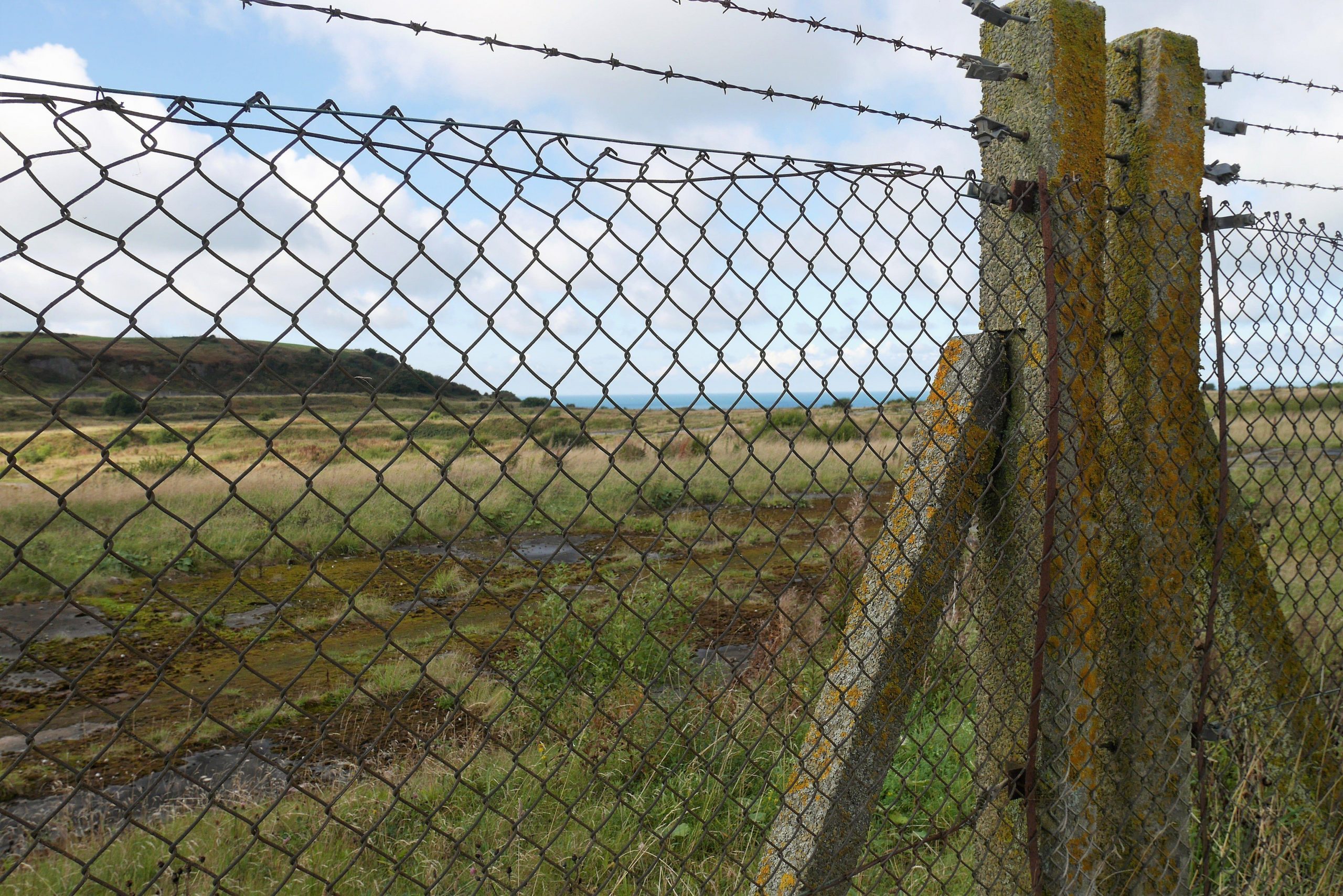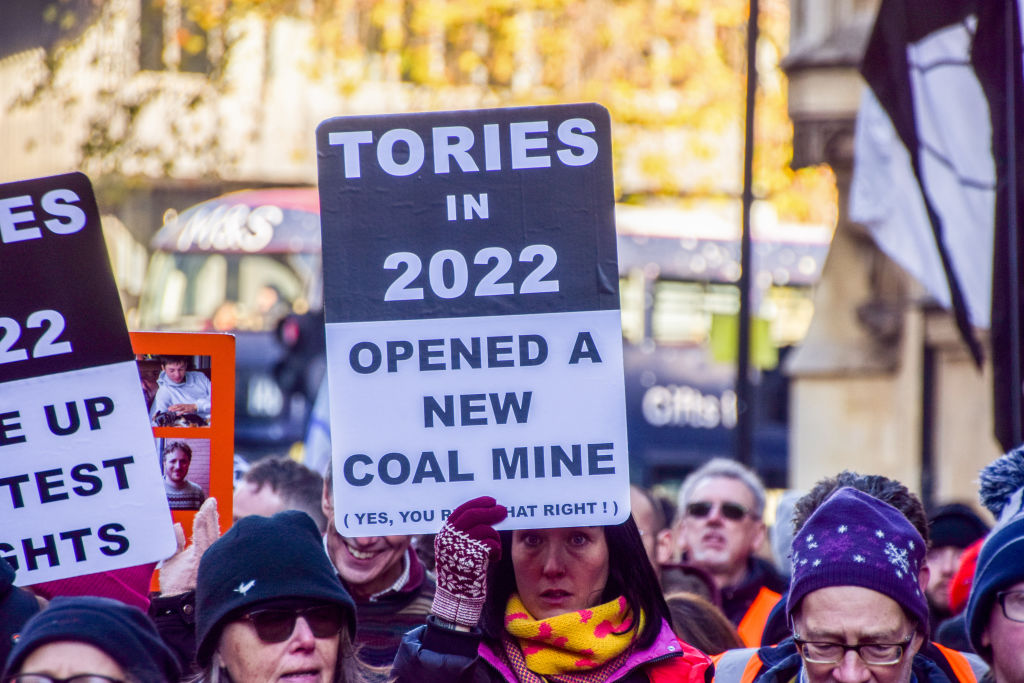'An incomprehensible act of self-harm': The angry reaction to the new coal mine in Cumbria
The government's decision to allow a new coal mine to be opened has sparked outrage from across the political and environmental spectrum, as James Fisher reports.


Exquisite houses, the beauty of Nature, and how to get the most from your life, straight to your inbox.
You are now subscribed
Your newsletter sign-up was successful
The decision to open a new coal mine in Cumbria has been described as an ‘incomprehensible act of self harm’. The comments, made by Sir David King, head of the Climate Crisis Advisory Group, have been echoed by scientists, campaigners and institutions both at home and abroad as fury mounts over the decision taken last week. Green MP Caroline Lucas called the decision a ‘climate crime against humanity’, as Cumbrian Liberal Democrat MP Tim Farron simply described it as ‘daft’. Frank Bainimarama, the prime minister of Fiji, added: ‘Is this the future we fought for under the Glasgow pact?’
The outrage comes after the Levelling Up Secretary Michael Gove signed off on the plans last Wednesday, which will see the first coal mine opened in the UK in 30 years. The plan will see an investment of some £165 million and is projected to create 500 jobs in the area.
The mine will produce up to 2.8 million tons of coking coal a year, which is used in steel-making — though the coal will almost certainly be exported. Both British Steel and Tata Steel have said that they are very unlikely to buy coal from the new mine, due to its high sulphur content and their moves towards new coal-free processes.
The project was initially proposed in 2014, and received local and Government backing in 2020 and 2021, respectively, before having consent withdrawn in the run up to COP26 in Glasgow in November last year.

Mr Gove approved the mine on the basis that ‘there is currently a UK and European market for the coal’ and that the carbon emissions produced ‘would be relatively neutral and not significant’. The department for Levelling Up, Housing and Communities said that the decision to approve the mine was in line with the Government’s commitments to reduce carbon emissions. It is expected to be operational until 2049, one year before the UK has pledged to reach carbon ‘net zero’. Sir Jake Berry, Conservative MP for Rossendale and Darwen in Lancashire, agreed that the decision to open the mine was ‘good news for the North and for common sense’.
Not all in the Conservative party agreed, with Tory peer Lord Deben, chairman of the Government’s advisory Climate Change Committee (CCC), calling the proposal ‘absolutely indefensible’. Conservative MP Philip Dunne, chair of the environmental audit committee, said: ‘Coal is the most polluting energy source and is not consistent with the Government’s net-zero ambitions. It is not clear cut to suggest that having a coal mine producing coking coal for steel-making on our doorstep will reduce steelmakers’ demand for imported coal.’ Conservative Alok Sharma, president of COP26, added that ‘over the past three years the UK has sought to persuade other nations to consign coal to history, because we are fighting to limit global warming to 1.5˚C and coal is the most polluting energy source. A decision to open a new coal mine would send completely the wrong message and be an own goal.’
Critics have said justification for the mine is flawed, pointing out that most of the coal extracted will be exported. The two companies that still produce steel in the UK—British Steel and Tata—have said they plan to move away from using coking coal. Labour has said it would prevent the opening of the mine if elected; it is also expected that the decision (to open the mine) will be challenged in court.
Exquisite houses, the beauty of Nature, and how to get the most from your life, straight to your inbox.

The decision comes in the same week that the Government decided to relax restrictions on building on-shore windfarms in England, after some 30 Conservative MPs threatened to rebel against a planning bill. The decision will see a change to a 2015 law that only allowed for on-shore windfarms to be built in very specific areas, leading to a sharp decline in on-shore wind in recent years, with critics saying it was effectively a ban.
The decision also fell under the remit of Mr Gove, who said local authorities would have the ability to identify sites suitable for on-shore wind. New farms would still be subject to local approval.

James Fisher is the Digital Commissioning Editor of Country Life. He writes about motoring, travel and things that upset him. He lives in London. He wants to publish good stories, so you should email him.